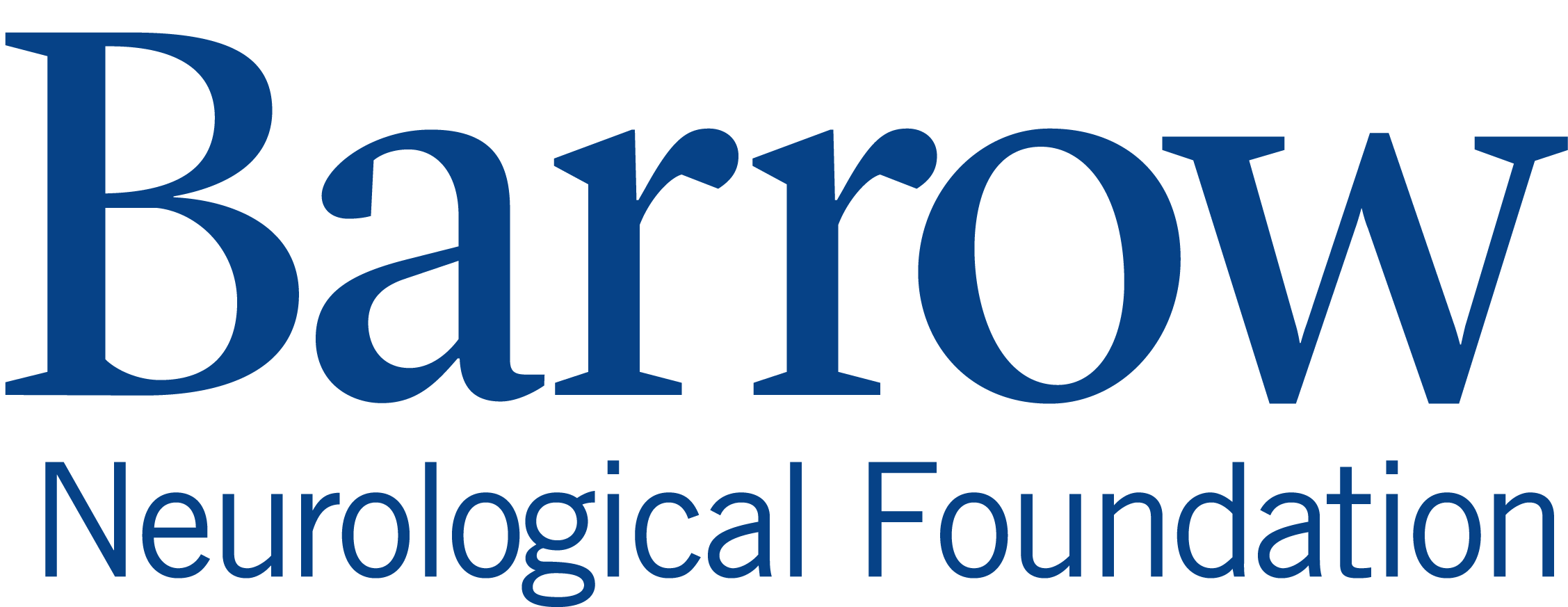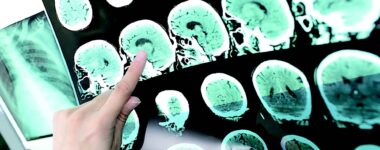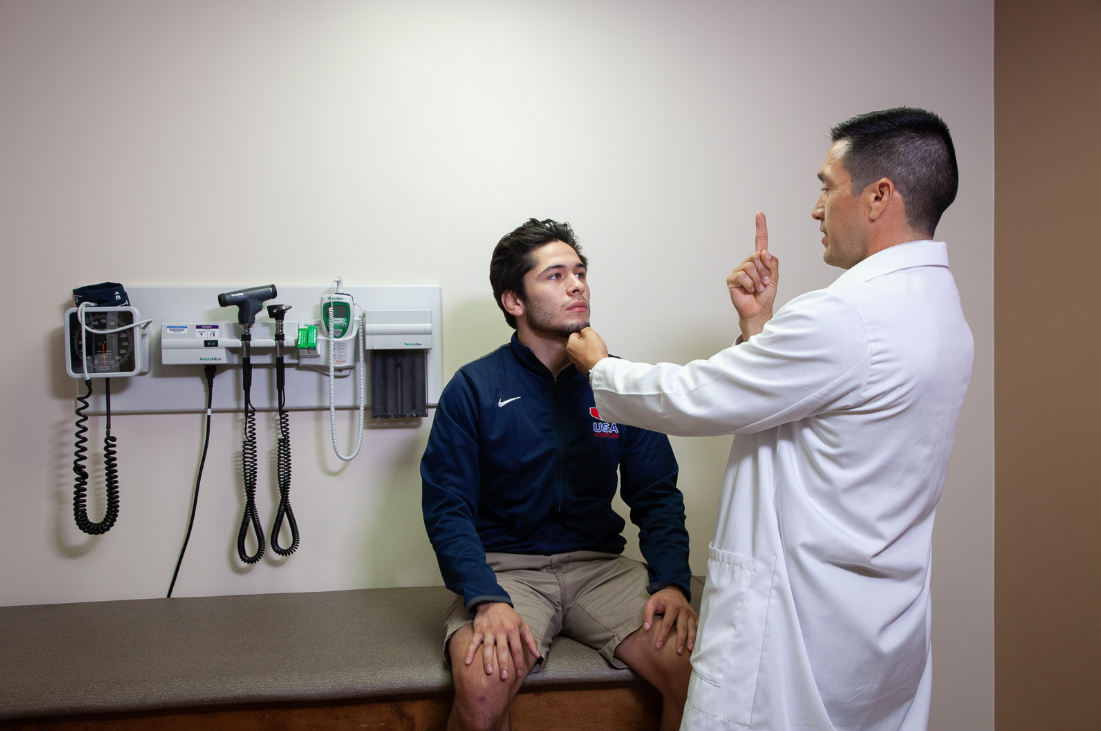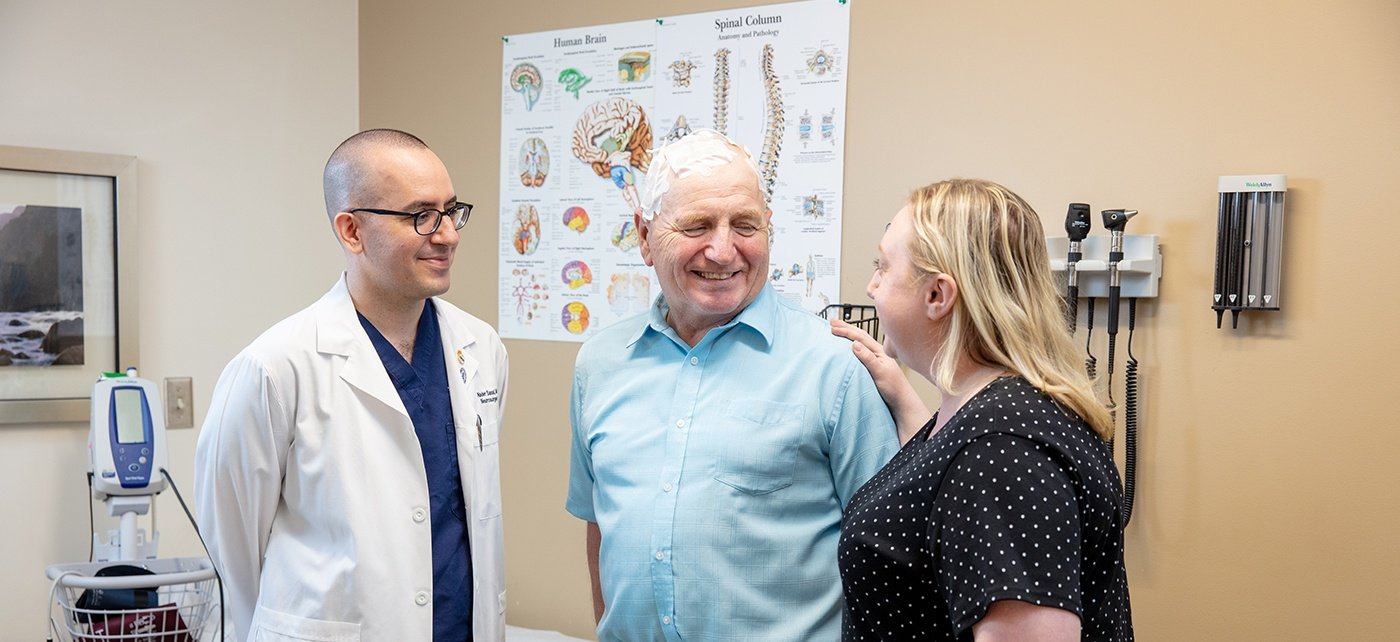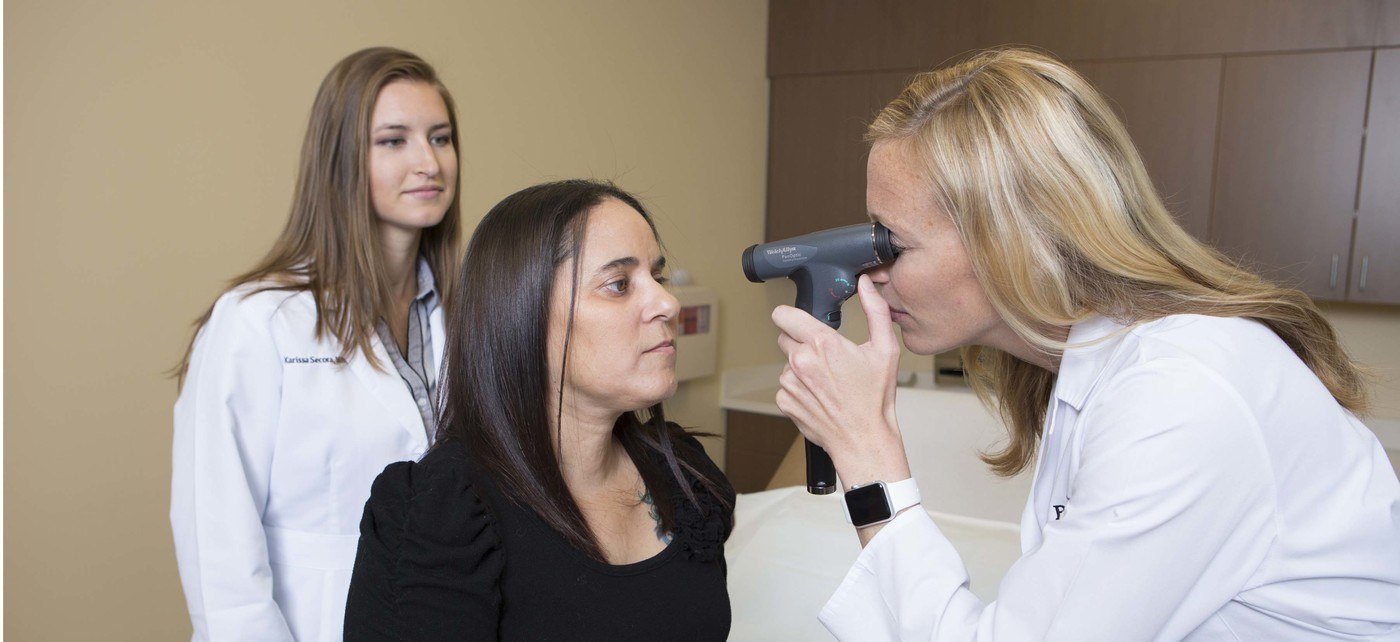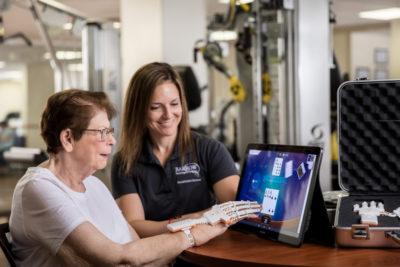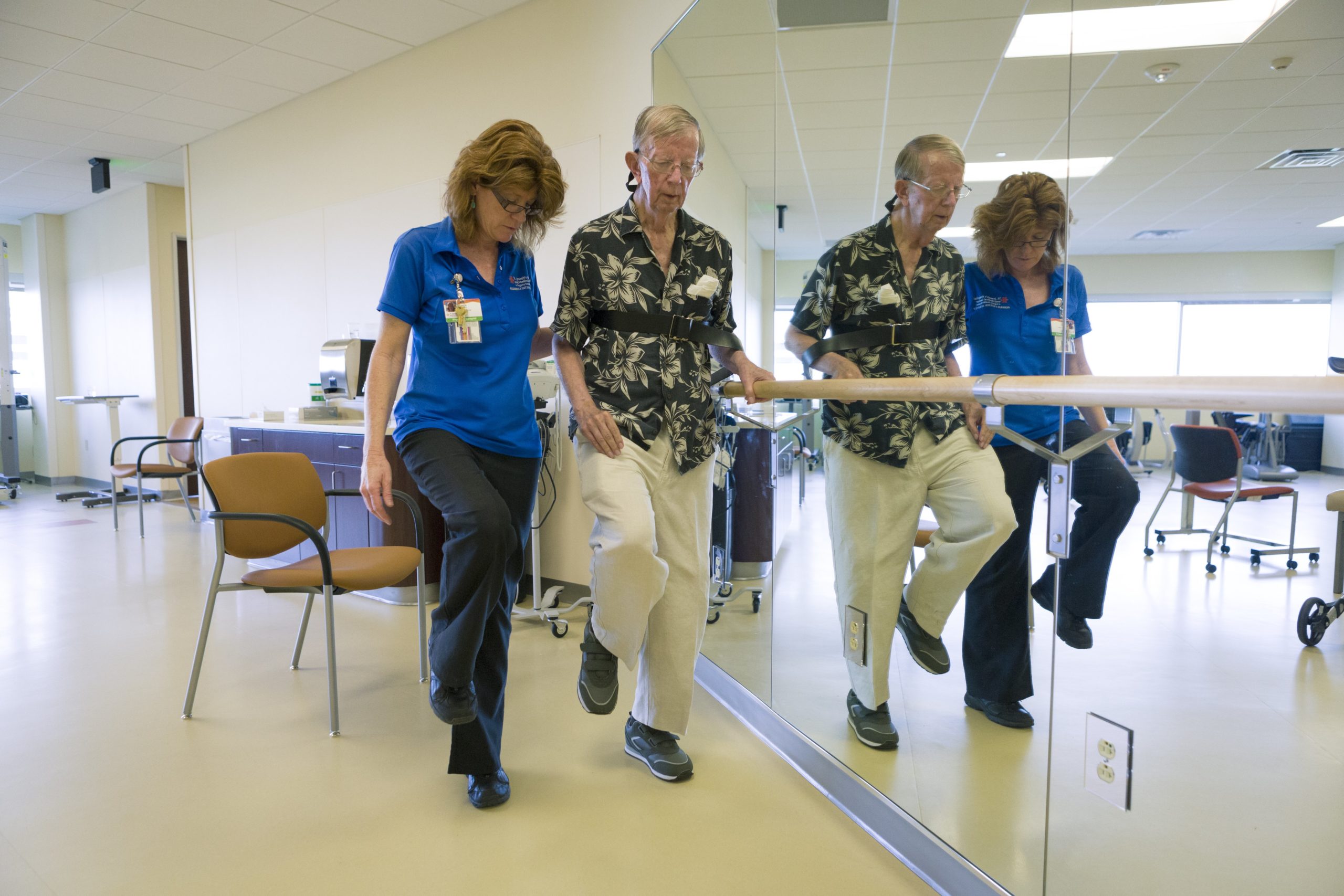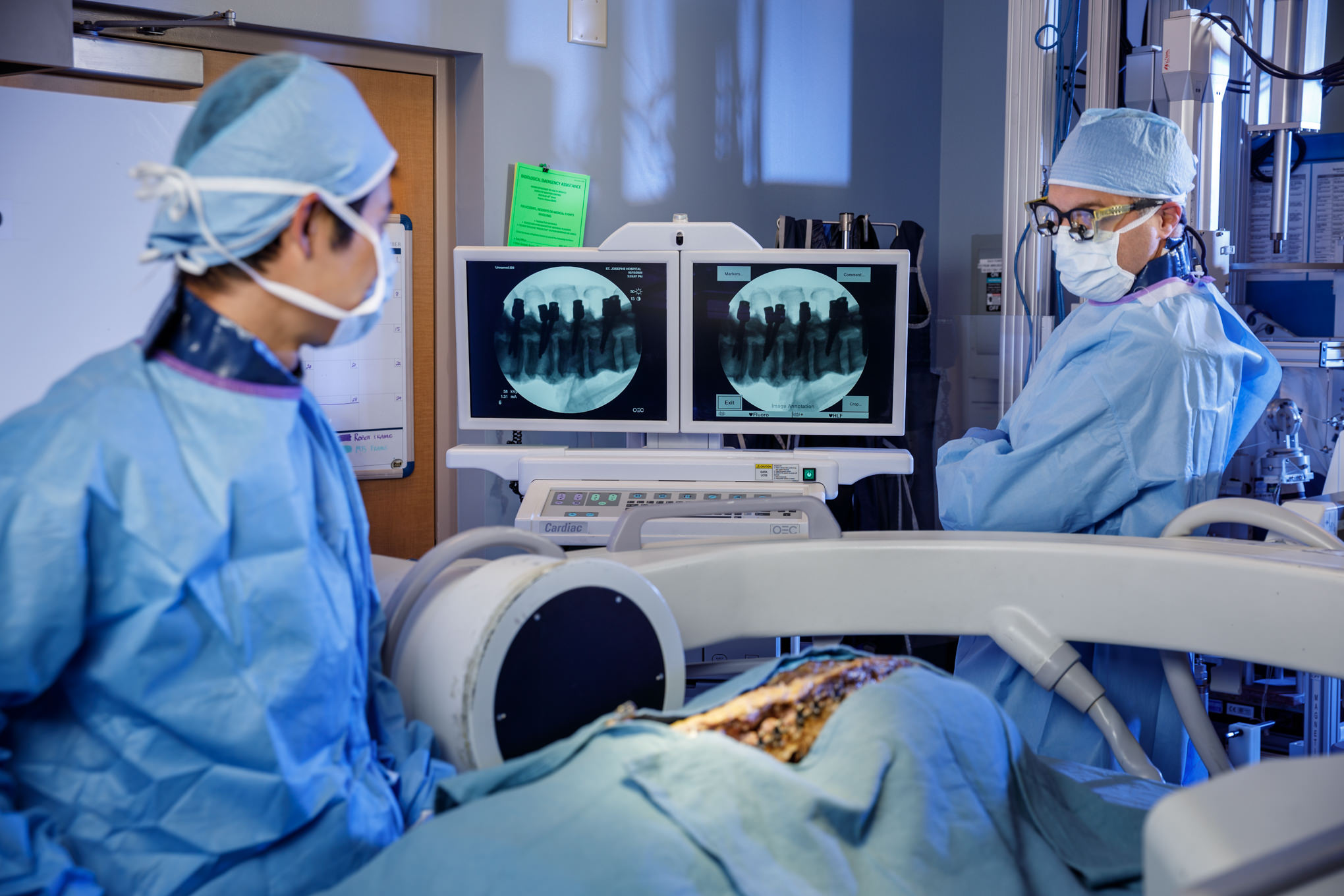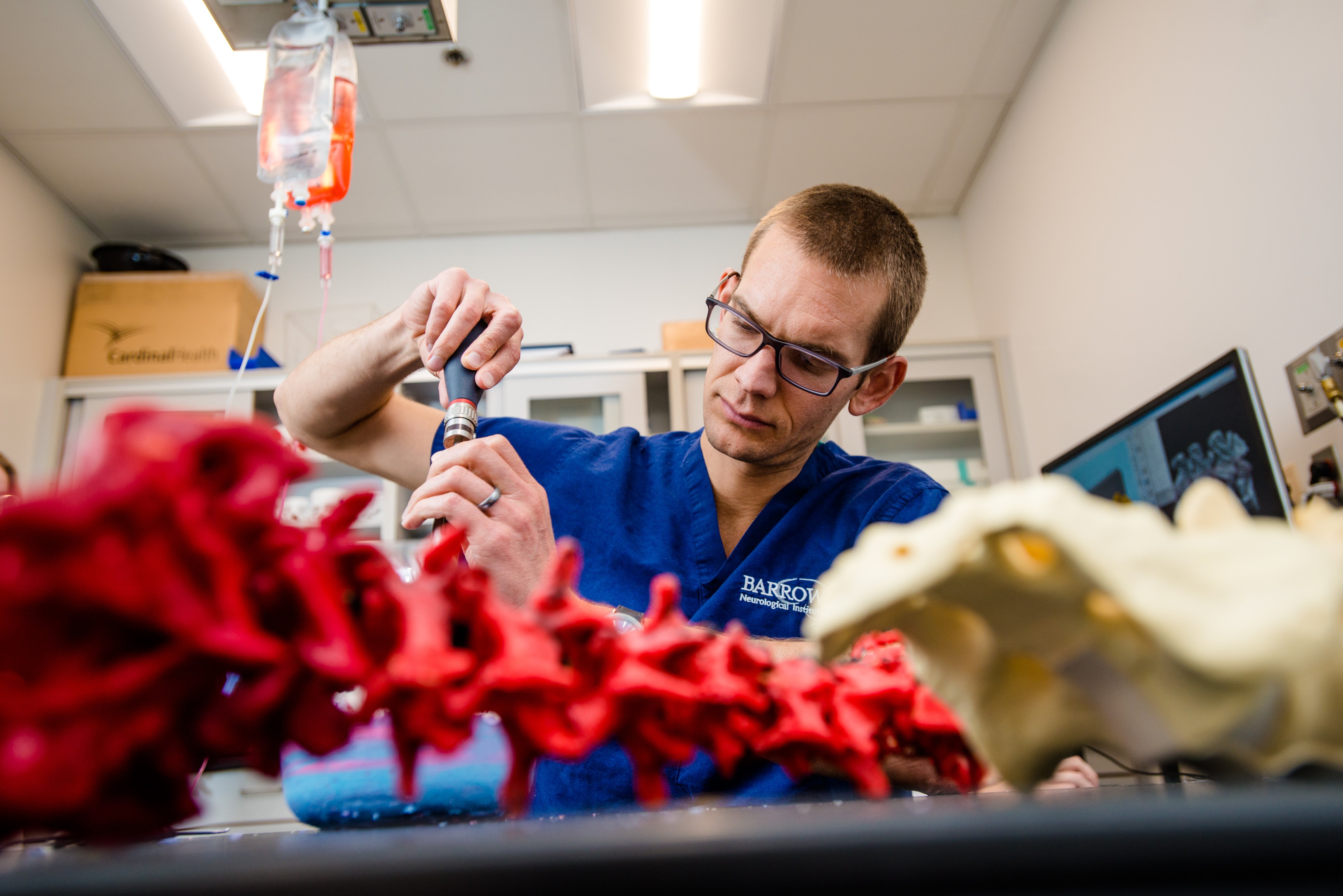
Epilepsy
Support patient care, advancements in diagnostic testing, innovative research, and new treatments for epilepsy.
Support Epilepsy Research and Treatment
Epilepsy can develop in any person at any age, and about half of epilepsy diagnoses have no known cause. Those with epilepsy may feel apprehensive, or even trapped, waiting for their next seizure to occur and not knowing the circumstances that could surround it. Epilepsy encompasses much more than just seizures too. Many epilepsy patients also struggle with short-term memory loss, confusion, insomnia, dizziness, and migraine as a result of the condition. In addition to seizures, these symptoms associated with epilepsy can take a major toll on patients’ mental health and overall quality of life.

Level 4 Comprehensive Epilepsy Center
The Epilepsy Program at Barrow Neurological Institute is an internationally recognized leader in the comprehensive diagnosis and treatment of epilepsy. The Barrow Epilepsy Program is composed of a multidisciplinary team of specialists, including epilepsy neurologists, neuropsychologists, neuroradiologists, and an epilepsy neurosurgeon. It also features advanced diagnostic testing equipment and houses a dedicated Epilepsy Monitoring Unit to perform in-depth evaluations on patients over an extended period of time.
In 2022, the Barrow Epilepsy Program was re-accredited as a Level 4 Comprehensive Epilepsy Center by the National Association of Epilepsy Centers, which is the highest designation possible.

Comprehensive Care For Patients
The Barrow Epilepsy Program is committed to providing patients with expert care and resources for their mental health and well-being. The Comprehensive Epilepsy Program has developed a structured way to screen patients for mood disorders and ensure that they receive timely treatment with counseling or medication. The Barrow Epilepsy Program is now implementing this screening process alongside their PACES (Program of Active Consumer Engagement in Self-Management in Epilepsy) intervention. PACES is an eight-week program that runs every four months and is designed to help patients learn how to better control their seizures, memory, and mood.
Donations to Research Support New Epilepsy Treatments
The epilepsy team conducts innovative research to better understand the causes, intensity, and locations where seizures begin and end in the brain. In 2022, the Barrow Epilepsy Program received a significant grant from the National Institutes of Health (NIH) to study the advantages of new electrodes in epilepsy diagnosis and surgery evaluation.
Barrow physicians and scientists are dedicated to advancing therapies for epilepsy through groundbreaking, collaborative research. For example, the Barrow Brain Dynamics Laboratory designs and implements novel methods and techniques to understand how epileptic seizures begin and end in the brain. The Epilepsy Program also began a high-density EEG (hdEEG) study to provide a noninvasive way of more accurately locating the areas where seizures begin in the brain and to improve the effectiveness of surgical treatment. Funding will support research efforts such as investigating the likelihood of developing epilepsy after a brain injury and using advanced data-analysis techniques for EEG.

Your Donations at Work
At Barrow Neurological Foundation, your donation is crucial in supporting three key areas: advanced patient care, curative research, and education for the next generation of neuroscientists. Learn more about how your donation impacts each of the areas we treat.
